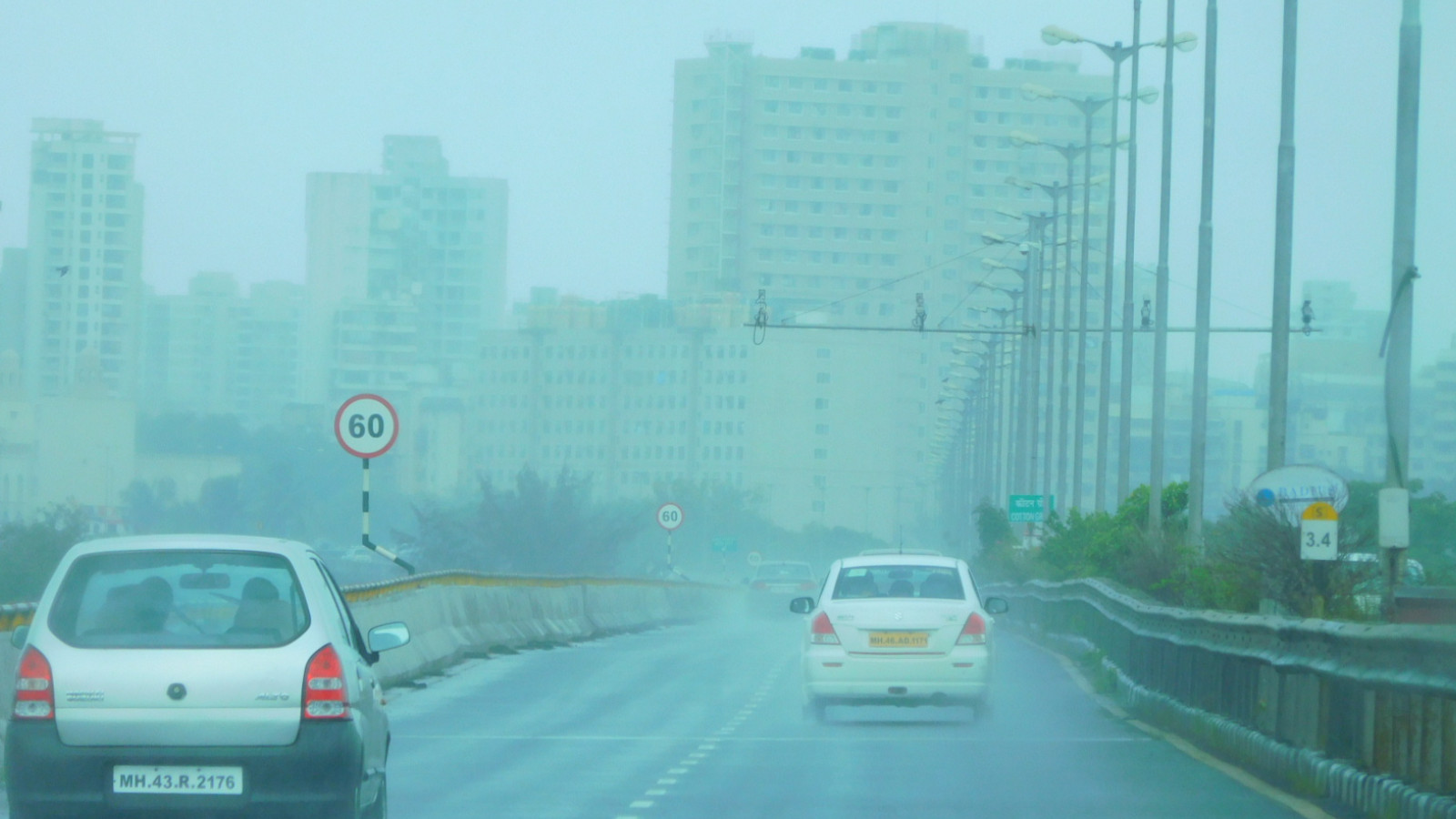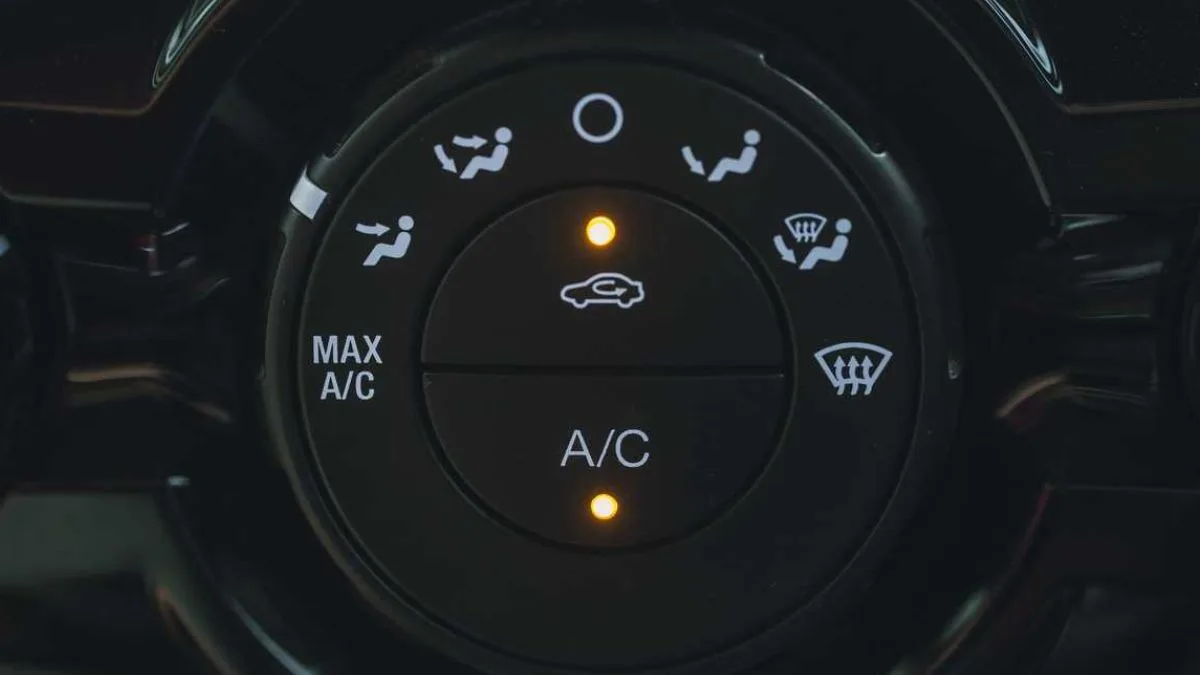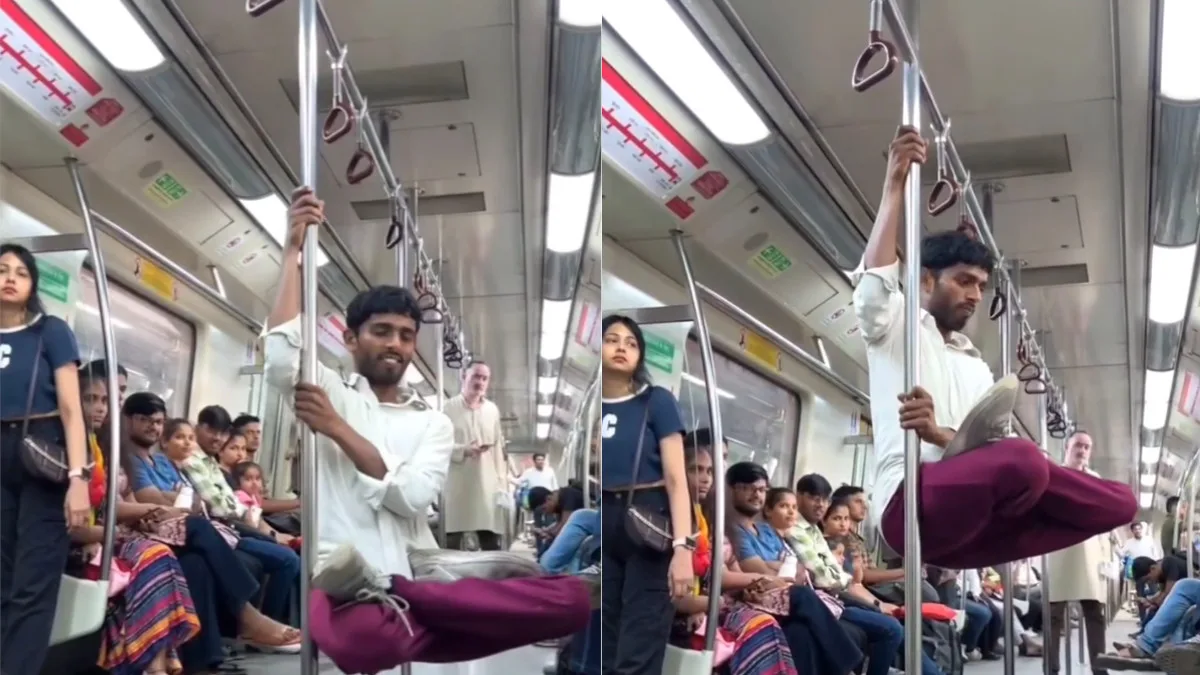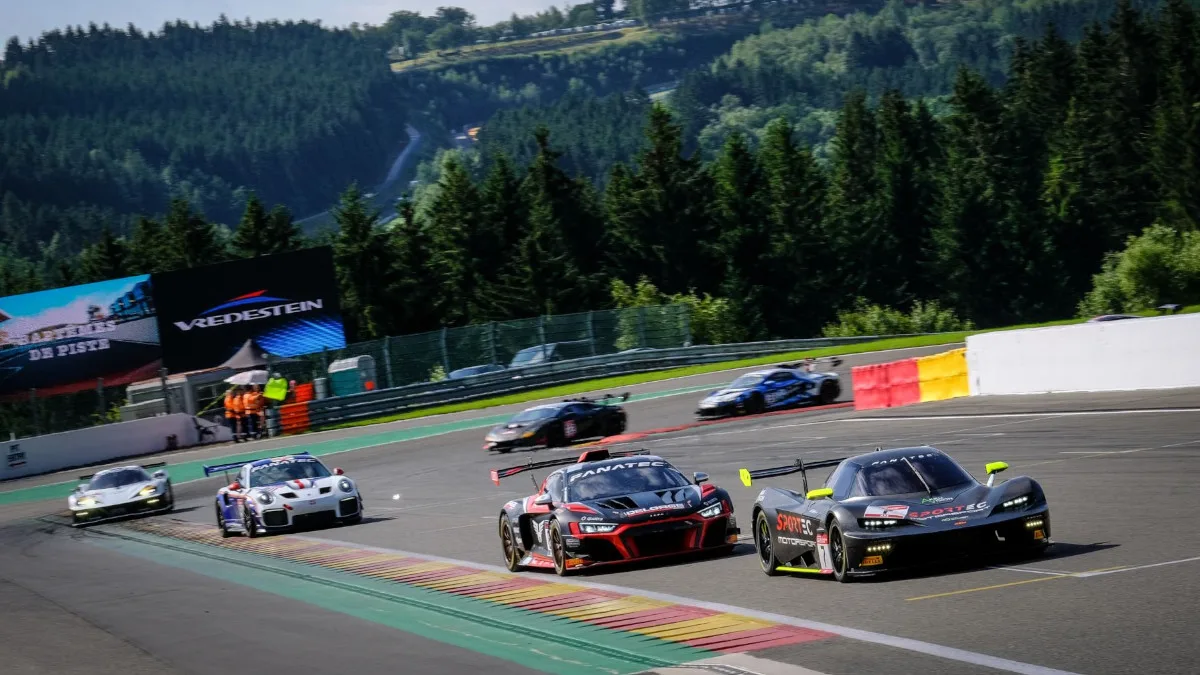In the wake of escalating concerns over deteriorating air quality in Delhi, the need for decisive action has never been more apparent. As we witness the Air Quality Index (AQI) plunging into the hazardous zone, it becomes imperative to explore and implement effective measures to alleviate the crisis. In this article, we delve into the recent ban on BS3 and BS4 vehicles in Delhi and its impact on curbing air pollution.
Understanding the Delhi Air Pollution Crisis
Delhi, the capital city of India, has long been grappling with severe air pollution, especially during the winter months. The surge in pollutants like particulate matter (PM2.5 and PM10) and nitrogen dioxide has posed significant health risks to the residents. The recent dip in AQI to hazardous levels has prompted authorities to take swift action to mitigate the environmental impact.
Ban on BS3 and BS4 Vehicles
In a groundbreaking move, Delhi has implemented a ban on BS3 and BS4 vehicles to address the vehicular emissions contributing to the air pollution crisis. The decision to restrict the use of these older-generation vehicles is a strategic step towards reducing harmful emissions and promoting a cleaner, greener environment.
The Rationale Behind the Ban
The ban on BS3 and BS4 vehicles stems from their outdated emission standards, which permit higher levels of pollutants into the atmosphere. By phasing out these vehicles, authorities aim to create a paradigm shift towards more eco-friendly and fuel-efficient transportation options.
Impact on Air Quality
The immediate effect of banning BS3 and BS4 vehicles is expected to be a noticeable improvement in air quality. These older vehicles, known for their higher emissions, have been a major contributor to the pollution levels in Delhi. With their removal from the roads, the concentration of harmful pollutants is anticipated to decrease significantly, leading to a healthier atmosphere for residents.
Government Initiatives for Sustainable Transportation
Apart from the ban on older vehicles, the government is actively promoting sustainable transportation alternatives. Initiatives such as incentivizing electric vehicles, expanding public transportation networks, and implementing stricter emission norms for newer vehicles are all part of a comprehensive strategy to combat air pollution.
Incentivizing Electric Vehicles
To encourage the transition to cleaner modes of transportation, the government is providing attractive incentives for electric vehicle adoption. This includes subsidies, tax benefits, and the establishment of charging infrastructure to support the growing fleet of electric vehicles.
Strengthening Public Transportation
Investments in bolstering public transportation are pivotal in reducing the reliance on individual vehicles. The expansion of metro networks, introduction of efficient bus services, and the promotion of cycling as a sustainable mode of commuting are all part of the government’s broader vision for a pollution-free Delhi.
Public Awareness and Participation
While governmental measures are crucial, the active involvement of the public is equally vital in addressing the air pollution crisis. Creating awareness about the environmental impact of vehicular emissions, promoting eco-friendly practices, and fostering a sense of responsibility among citizens can significantly contribute to a sustainable and cleaner Delhi.
Discover more from Wheels Craze - Automotive News, EV News, Car News, Bike News
Subscribe to get the latest posts sent to your email.





